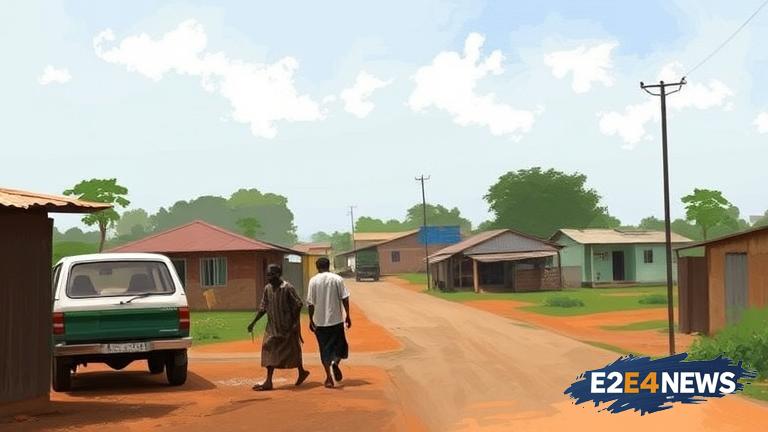A devastating bandit attack occurred in a community in Kaduna, Nigeria, resulting in the loss of 7 lives and injuring 8 others. The attack has sent shockwaves throughout the region, with many calling for increased security measures to be put in place. The bandits, who are believed to have been armed with dangerous weapons, stormed the community and began shooting indiscriminately. The attack is thought to have been carried out in the early hours of the morning, catching many residents off guard. The victims of the attack include both men and women, with some reports suggesting that children may also have been affected. The injured have been rushed to nearby hospitals for treatment, with many said to be in a critical condition. The attack has been condemned by local authorities, who have vowed to do everything in their power to bring the perpetrators to justice. The Kaduna state government has also issued a statement, expressing its condolences to the families of the victims and promising to increase security in the area. The attack is the latest in a series of bandit attacks to have taken place in Nigeria in recent months, with many communities living in fear of being targeted. The Nigerian government has faced criticism for its handling of the situation, with some accusing it of not doing enough to protect its citizens. The attack has also raised concerns over the impact of banditry on the economy and infrastructure of the region. Many businesses have been forced to close, and trade has been severely disrupted. The attack has also had a significant impact on the psychological well-being of residents, with many suffering from trauma and anxiety. The community has come together to support the families of the victims, with many donating food, clothing, and other essential items. The attack has also sparked a debate over the role of the military in combating banditry, with some calling for a more robust response. The Nigerian military has been accused of being slow to respond to attacks, and of not doing enough to prevent them from happening in the first place. The attack has also raised questions over the root causes of banditry, with some suggesting that poverty, unemployment, and lack of access to education are all contributing factors. The Nigerian government has announced plans to implement a number of initiatives aimed at addressing these issues, including job creation programs and education initiatives. However, many are skeptical about the effectiveness of these measures, and believe that more needs to be done to address the underlying causes of banditry. The attack has also had a significant impact on the social fabric of the community, with many residents feeling a sense of fear and mistrust. The community has come together to condemn the attack, and to call for greater unity and cooperation in the face of adversity. The attack has also sparked a wider debate over the issue of insecurity in Nigeria, with many calling for a more comprehensive approach to addressing the problem. The Nigerian government has announced plans to increase security measures, including the deployment of more troops to affected areas. However, many believe that a more nuanced approach is needed, one that takes into account the complex social and economic factors that are driving banditry.
